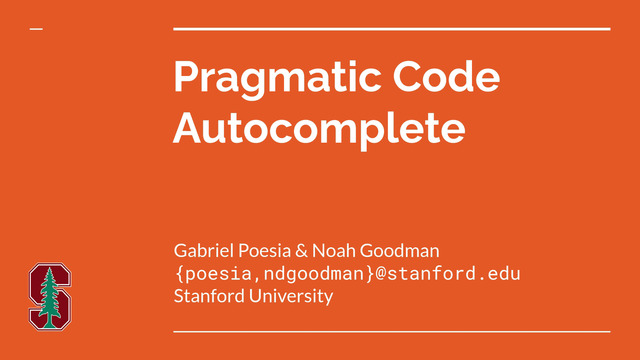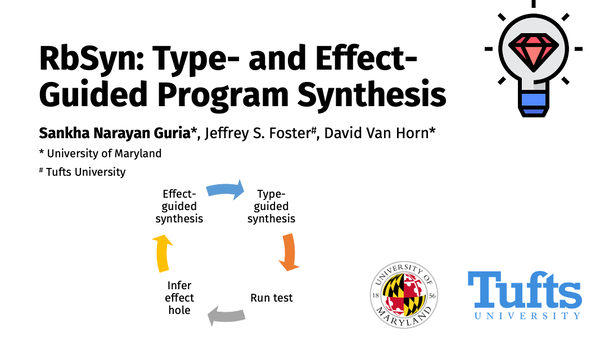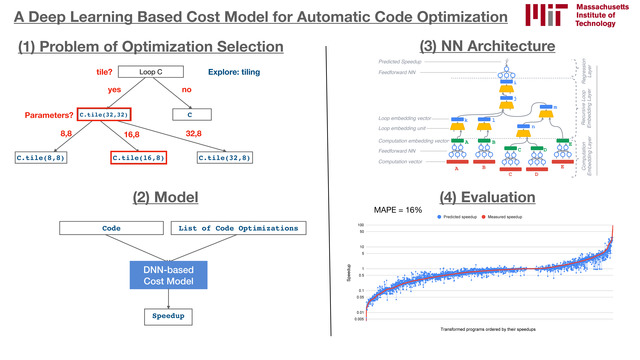Abstract:
The R programming language is widely used in a variety of domains. It was designed to favor an interactive style of programming with minimal syntactic and conceptual overhead. This design is well suited to data analysis, but a bad fit for tools such as compilers or program analyzers. In particular, R has no type annotations, and all operations are dynamically checked at run-time. The starting point for our work are the two questions: what expressive power is needed to accurately type R code? and which type system is the R community willing to adopt? Both questions are difficult to answer without actually experimenting with a type system. The goal of this paper is to provide data that can feed into that design process. To this end, we perform a large corpus analysis to gain insights in the degree of polymorphism exhibited by idiomatic R code and explore potential benefits that the R community could accrue from a simple type system. As a starting point, we infer type signatures for 25,215 functions from 412 packages among the most widely used open source R libraries. We then conduct an evaluation on 8,694 clients of these packages, as well as on end-user code from the Kaggle data science competition website.









































